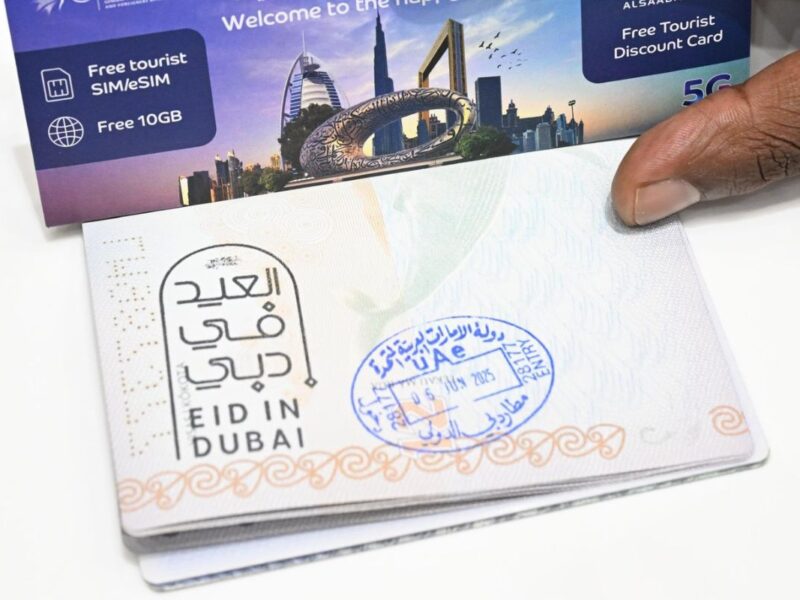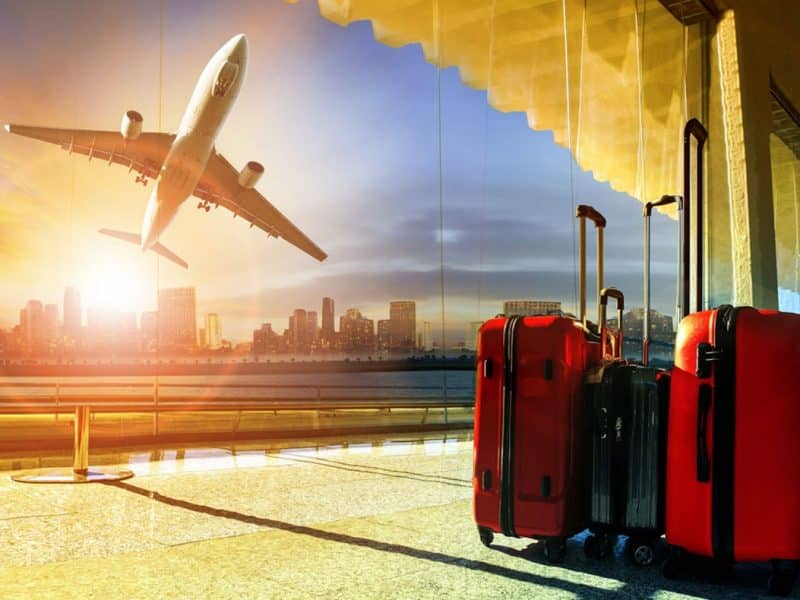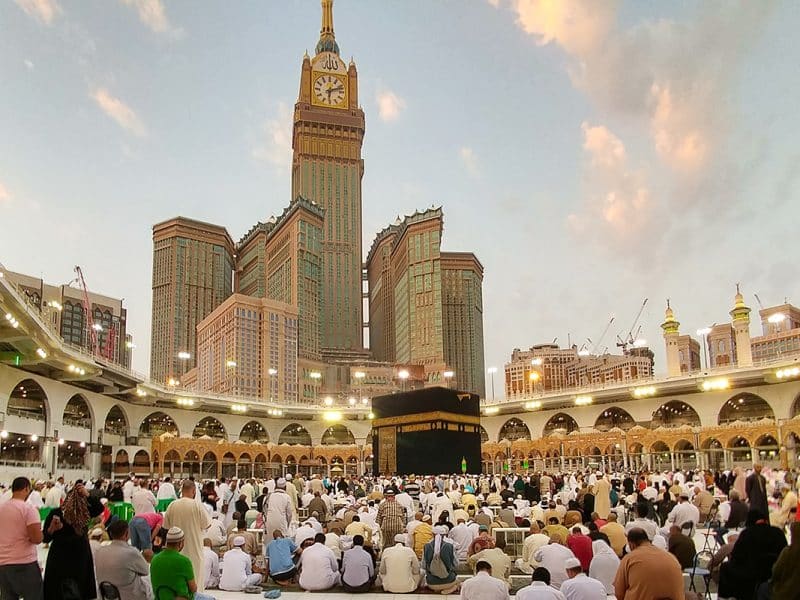About 12 years ago I was on a trip to Las Vegas and on the last night we went for dinner at the restaurant at the replica Eiffel Tower at the Paris casino and resort. Going up to the observatory at the top of the tower I overheard a very excited elderly American couple declare that they thought it was “absolutely amazing”.
“Wait until you go to the real one,” I replied, pointing out that the Vegas copy was only half the size of the French original. They looked back at me blankly.
Of course, America’s most famous party city is filled with copies of architectural landmarks: you can see Italian gondolas in canals at the Venetian, the Manhattan skyline at New York-New York, Egyptian pyramids at Luxor, medieval English castles at Excalibur and Roman towers and statues at Caesars Palace.
During the boom years, before the global financial recession, there were rumours that Dubai would join this global line-up and a replica of Burj Al Arab – the city’s iconic sail-shaped hotel – was set to be welcomed to the fabulous Strip.
.jpg?FmIPau_R) A replica of Dubai’s exemplary hotel in Las Vegas would inspire more people to come to the emirate, Silva believes.
A replica of Dubai’s exemplary hotel in Las Vegas would inspire more people to come to the emirate, Silva believes.
“There was talk about doing something,” Jumeirah Group’s former CEO Gerald Lawless told me in a 2012 interview. While talk died down, as both cities’ real estate markets went into a slump in 2009, Jose Silva, who has been at the helm of Jumeirah Group since March 2018, says discussions are still ongoing, and not just in Las Vegas, but other parts of the world are keen too.
“It’s the status of who you are that you will be copied,” Silva believes. Just as the American couple I encountered at the Vegas Eiffel Tower may be inspired to visit Paris to see the original, Silva believes a replica of Dubai’s exemplary hotel would inspire more people to come to the emirate.
“We will always remain the anchor. Having a very good hotel called Burj Al Arab in Shenzhen, in Hong Kong, or a place like this, would certainly bring more people to see the original Burj Al Arab,” he believes, adding that interest is certainly very strong, especially from the hotel’s key source markets in Asia.
Burj Al Arab: Made in China?
“We get a number of requests from investors who want to be part of that icon or use the icon. They believe it can anchor their business model in their parts of the world, whether that’s Vegas or China. We are the most respected, or admired, I think in Asia, I would say China and Russia, because these markets like to reproduce things in their environment,” he says.
“Now, if someone wanted to do a hotel that will have the Burj Al Arab name, then he would have to partner with us and we’re having discussions, ongoing discussions, with people who want to do it. I think it will be done,” he says, pointing out that any proposal would need to be aligned to the DNA of the original.
“We come with requests… What is the size of your suites? Maybe it doesn’t have to be 200 square metres, like ours, but maybe it’s a hundred square metres per suite and that makes sense in that market and we would deem that it’s worthy of that name and we would consider doing it for the right investment.”
Silva is realistic that it is difficult to protect a world-renowned building like the Burj Al Arab. After all, from Las Vegas and Spain to Russia and China, there are dozens of replica Eiffel Towers around the world, with one even planned for Dubai’s Falconcity of Wonders project. On top of that, there are also hundreds of Statue of Liberty copies across dozens of countries. “I think you can’t really protect that, if someone wants to copy it, it’s a compliment,” Silva says.
But what makes the Burj Al Arab different from other icons? Silva says it is the fact that it is a hotel so people can experience it in a very different way.
“Unlike a normal, let’s say Statue of Liberty or something… this icon you can actually live in. Even at the [Sydney] Opera House, you can visit for the performance, but you’re not going to be in your apartment, invite your friends… How many of those icons can you truly live in? So, the inside becomes a bit more relevant,” he believes.
Seven-star status
The interiors are certainly important and the impact the hotel had when it opened in December 1999 is evident that one British journalist famously dubbed it the world’s only seven-star hotel, which technically doesn’t exist as the maximum awarded is five stars.
It was rumoured that Jumeirah Group was embarrassed by the accolade, but Silva says that couldn’t be further from the truth.
“I’m not so sure I don’t like the seven-star [label], the competition certainly doesn’t like it,” he says with a smile.
“But I think everyone understood that it meant a hotel that had gone beyond the norm; this has never been seen before; beyond expectation or beyond compare.”
With competition fierce in the luxury hotel market, especially in Dubai, the hotel has to constantly reinvent itself to stay ahead of its rivals, even for someone like Silva who has 35 years’ experience in the business, including 27 years with Four Seasons, and was CEO of the Four Seasons George V Paris, which was awarded five Michelin stars and is still the most Michelin-starred palace in Europe.
Chief culinary officer
“It’s a huge challenge. How do you go systematically beyond the call of duty?” he asks. The answer was hiring Michael Ellis in September 2018. While many companies have chief finance officers or chief communication officers, Ellis, the Global Head for Europe, Asia and the Americas for the Michelin Guides, was hired as chief culinary officer to oversee the dining offering across the whole of the Jumeirah Group, including the Burj Al Arab.
“We became the first company in the world – hotel company – to have a chief culinary officer. This gentleman sits on the board and says to finance ‘I need to do this, I need to take the money, we’re going to be investing and getting this Michelin star chef. And that costs X amount’. And maybe that’s beyond what a chief financial officer would like to pay for,” Silva says.
.jpg?wppfCx84) Chief Culinary Officer Michael Ellis is responsible for all F&B operations of Jumeirah Group.
Chief Culinary Officer Michael Ellis is responsible for all F&B operations of Jumeirah Group.
“Having a culinary officer, that has attracted multiple Michelin Star chefs, we’ve got six of them right now within the brand and two of them are here [at Burj Al Arab]. We want to be sure that the brand, I’m talking about Jumeirah, is the first brand for dining restaurants in the world.”
In addition, the company is looking to revamp its spa and wellness offering. “Next year we’re launching a very bold initiative for the spa and we want to be more dynamic in the spa and wellness than any other brand in the world. No, we think of course at the Burj [Al Arab] and then transpose it elsewhere. I think you need to remain a disruptor, an innovator, but in a way that it speaks to the consumer that what is it that they want today,” he says.
Looking to the future, according to STR’s latest data, there are 427 hotels – accounting for 123,742 rooms – in construction in the Middle East, with 54,438 of these rooms in the UAE. Many analysts have said this has led to a stagnant hospitality sector, which is close to saturation. But Silva is realistic and says this slowdown was inevitable as part of a natural cycle.
Record profits
“Dubai is maturing. This is very good. No city stays a boom market and double-digit growth forever,” he says. “And when you are a boom market, in double digits, things are not perfect, because you’re growing so fast. It’s like the pains of an adolescent, you’re going fast, you can’t mature and craft things the way you want. So, Dubai has reached maturity which now will offer better choice, better quality, more competition on quality, more competition on pricing. This is a good thing… the consumer will benefit.”
In July, Reuters reported that Jumeirah Group had cut 500 staff from its workforce of 13,500, as a result of the slowdown but Silva claims the group’s profitability is still healthy. “We keep on recalibrating the business and today, or at least at Q4, we have reached record profit ratios of our business. Now, record profit ratios doesn’t mean the volume is there, it means that the ratios of profitability are at the highest we’ve had in the last three years.”
-(Medium).jpg?QJEB46Op) The hotel has redefined the meaning of luxury hospitality.
The hotel has redefined the meaning of luxury hospitality.
The performance has been due to the group’s bid to cut costs where necessary and become more efficient. “On every front we are being more efficient… I think every business entrepreneur [in] Dubai will have to calibrate for market maturity. But I think we’ve also provided the quality; this game is going to be an efficiency game and a quality game as people have choice.”
In fact, it was generally always assumed that the Burj Al Arab was built at lavish cost to be an icon but it was accepted it would never turn a profit. Wrong, says Silva. “It’s very profitable,” he declares straight away. “It’s true that some icons never become truly profitable, but this is one of the most profitable hotels I know. We’re not sharing the numbers. I can tell you that it is as profitable as any grand luxury hotel in the world, if not to say more profitable,” he adds.
Jumeirah Group’s parent company Dubai Holding does not give a breakdown of profit and revenue for its various divisions. In February 2017, its last financial results announcement, it reported that its business group, Dubai Holding Commercial Operations Group, saw net profits increase 8 percent to AED6.32bn ($1.72bn) for the year ended December 31, 2016 and revenue increased 16 percent to AED16.84bn ($4.58bn) over the same period.
Cruising and expanding
The Burj Al Arab itself underwent some refurbishment this year and in 2016 added the outdoor terraced area at the back of the hotel. The group’s Madinat Jumeirah complex was also overhauled and Jumeirah Beach Resort also got a facelift. This is part of Silva’s plan of refurbishment and expansion, with plans afoot to increase beyond its current portfolio of 25 properties worldwide.
“We’re expanding a lot on our management contracts and you’ll see a lot of growth under management contracts and we’ll make announcements soon about additional management contracts in Europe, because you can grow in different ways, you can’t buy everything.
“But the most important thing to me when someone comes with a project, or a possibility of a business partnership is, will this elevate the brand? Will this be relevant to our consumer? We’re focussed on expansion, but we’re focussed on expansion that is in line with elevating the brand of Jumeirah.”
One brand extension which seems a perfect fit is a move into cruise liners and the launch of Jumeirah Cruises or a link up with an existing operator. “It’s a conversation that comes and goes, but, of course, it could be one day a possibility,” Silva says. “We don’t have a project today with a cruise [line],” he concedes, adding that any partnership would have to bring value to both parties.
“Partner in ways that it’s logical to our consumer or where we feel we can bring value. It needs to bring value to the brand, and we bring value to this investor,”he believes.
.jpg?HY-CLhOf) Launching a cruise operation is a possibility for Jumeirah Group in the future.
Launching a cruise operation is a possibility for Jumeirah Group in the future.
Dubai is already a major cruise ship hub for the region and last month it was reported that the emirate is seeking to attract 1 million cruise visitors for the first time as the 2019-2020 season gets underway.
The 2019-2020 season is expected to welcome more than 200 ship calls and follows a successful 2018-2019 cruise season when the city witnessed a record increase of over 51 percent in cruise tourist footfall with nearly 850,000 tourists and 152 ship calls.
Consolidation has been a key trend in the hotel sector in recent years. Marriott’s acquisition of Starwood for $13.6bn in 2016 was the biggest and the merger created the world’s largest hotel company with over 5,700 properties and 1.1 million rooms, representing 30 leading brands in over 110 countries. Wyndham Worldwide spent $1.9bn to buy 900 franchised hotels of La Quinta and InterContinental Hotels Group bought 51 percent of Regent Hotels & Resorts.
So, has Jumeirah Group been the target of any such merger moves? “No, I am not aware that we have been approached and right now it is not in the books,” Silva says.
He also rules out any potential listing on the stock market: “There has never been a discussion for IPOs, we are a brand that is linked to the leadership of Dubai. I am not aware that they would be interested.”
After all, as the Burj Al Arab celebrates its 20th anniversary, Silva has his hands full with offers to replicate the famous icon and the demands of expanding the legendary brand across the globe.




.jpg)



